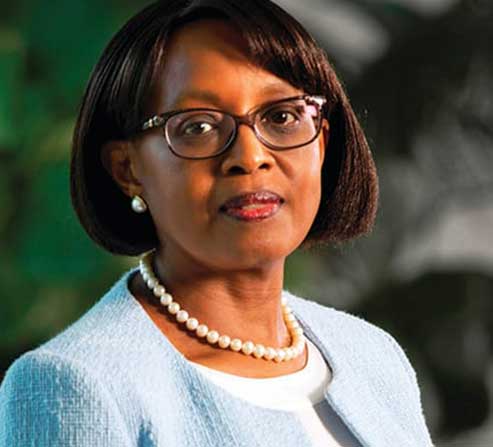
International health officials have called for the continuation of COVID-19 vaccination efforts in Africa, following news from Europe that the Oxford AstraZeneca vaccine may cause blood clots. Several countries in Europe, including France, Germany and Italy, have suspended AstraZeneca vaccine administration due to the issue. However, the number of people afflicted with blood clots was only around 40 out of a total of over 17 million who received the AstraZeneca vaccine in Europe, Matshidiso Moeti (MD), WHO regional director for Africa, said during a virtual press briefing held last week. "Vaccination is the fastest route to recovery," said Moeti. "I encourage countries to continue vaccination campaigns." Close to 30 African countries have begun carrying out vaccination campaigns after receiving vaccines through a programme known as COVAX. Initiated by the World Health Organisation (WHO), it is carried out in partnership with Vaccine Alliance and the Centre for Epidemics Preparedness Innovations. No less than 156 countries, representing nearly two-thirds of the global population, have signed up for it. "The fastest way to end the COVID-19 pandemic and accelerate the economic recovery is to ensure some people are vaccinated in all countries, not all people in some countries," Tewodros Adhanom (MD), director-general of the WHO, tweeted. "The COVAX Facility helps us achieve that and ensures the race for vaccines is a collaboration, not a contest." Through COVAX, the world has delivered millions of doses to 27 nations so far. Ethiopia received 2.2 million doses of the AstraZeneca vaccine from COVAX earlier this month. The Ministry of Health had announced its intention to have 20pc of the population vaccinated before the end of the year. More than four million cases of COVID-19 and at least 108,000 deaths have been recorded on the African continent since the pandemic broke out a year ago. Over 183,000 cases of COVID-19 have been recorded in Ethiopia, with 2,168 having lost their lives to the pandemic thus far. The death toll is on the rise, leading health authorities to urge the public not to be complacent.
[ssba-buttons]